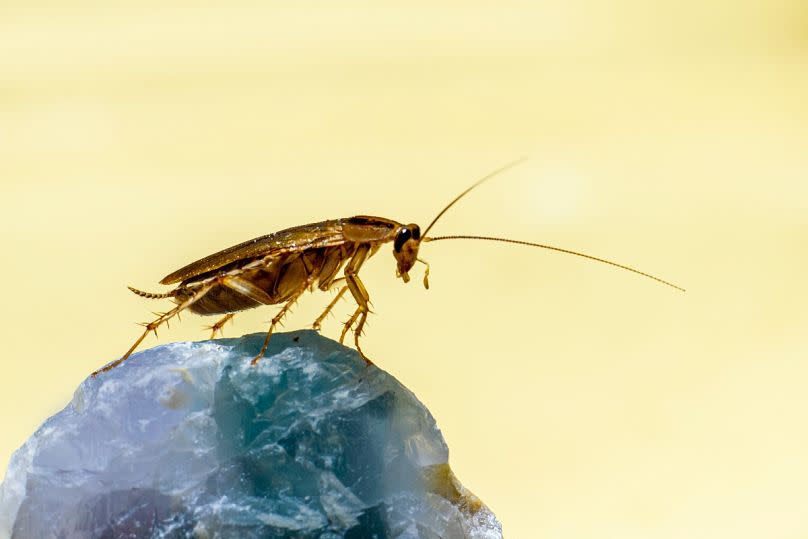Cockroach infestations are up by a third in Spain: Is climate change to blame?

Climate change could be causing a concerning uptick in the number of cockroach infestations in Spain - as well as alterations to their genetic makeup.
So far this year, Spanish authorities have reported a significant rise in infestations - up by 33 per cent compared to the rate in 2023.
Experts say record hot temperatures are to blame for these ‘mutant’ cockroaches. Increased heat means the pests’ metabolic cycles accelerate - and it’s particularly evident in the Germanic cockroach. That’s a worry as that variety is prevalent in homes and food-related businesses.
Hotter-than-average temperatures also mean that the breeding season of the creatures is getting longer and their genetic resistance to conventional insecticides has been enhanced.
All of these factors are linked to a broader and more serious public health issue, with more frequent sightings being reported in both residential and commercial establishments.
How has climate change caused these changes in cockroaches?
Jorge Galván is the director of the National Association of Environmental Health Companies (ANECPLA). Speaking to Spanish newspaper 20 Minutos, he said experts are concerned that this genetic shift is making it challenging to control the cockroach population effectively.
Pest controllers are trying to fight the growing problem, though. They’re moving towards using less invasive and more sustainable methods, ranging from improved sanitation practices to mechanical traps.
The need for these different methods appears to be global warming. In recent years, Spain has made a gradual shift from a subtropical to a tropical climate, which prompts longer active periods for pests like cockroaches.

The Germanic cockroach was first detected in Europe in the 18th century and was controlled using various methods for decades.
In the 1990s, spraying of the insects was replaced by the use of ‘sweet baits’, which contain insecticides. These release fewer chemicals which can harm the environment.
The current breed of cockroaches are increasingly unsusceptible to this type of killer, meaning more of them can survive - and for longer.
The Germanic variety was once isolated in the Canary Islands region, off the coast of Morocco, to mainland areas including Andalucia and the Mediterranean coast as well as the Balearic Islands to the east of Spain.
Cockroaches tend to emerge out of their own form of hibernation as spring approaches and now, as temperatures heat up, the proliferation of the pests in Spain is an increasingly worrying public health concern.


